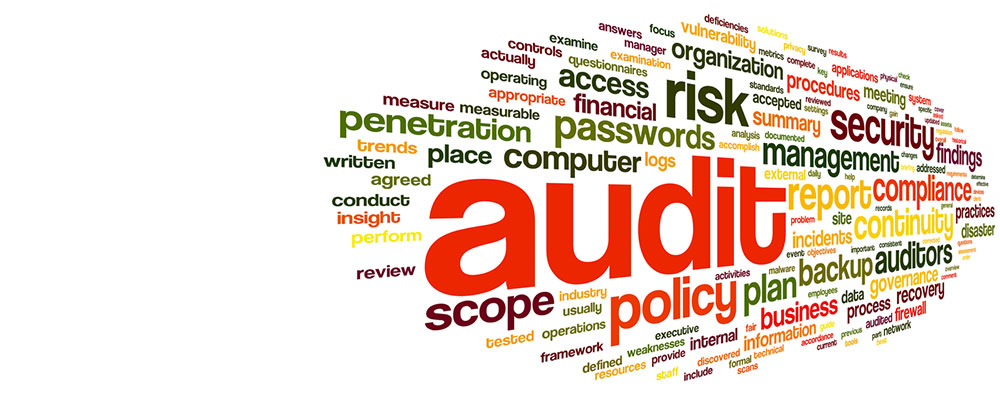ROC (Registrar of Companies) filing refers to the process of submitting various documents, forms, and returns to the Registrar of Companies, as required under the Companies Act, 2013 or relevant corporate laws of a country. These filings are essential for maintaining compliance and transparency in the operations of a company. Here's an overview of ROC filing:
1. **Annual Compliance:** Every company registered under the Companies Act is required to file annual returns and financial statements with the ROC within specified deadlines. These filings include the Annual Return (Form MGT-7) and Financial Statements (Form AOC-4), which provide details about the company's financial performance, shareholders, directors, and other key information.
2. **Event-Based Filings:** Apart from annual compliance, companies need to file various forms and documents with the ROC for specific events such as changes in the company's structure, director appointments or resignations, alterations to the memorandum or articles of association, share capital changes, etc. These filings ensure that the ROC is updated with the latest information about the company's status and operations.
3. **Compliance Certifications:** Certain forms require certification by professionals like Chartered Accountants, Company Secretaries, or Cost Accountants. These certifications validate the accuracy and authenticity of the information provided in the filings.
4. **Penalties for Non-Compliance:** Failure to file ROC forms within the prescribed timelines or providing incorrect information can attract penalties and legal consequences. It's crucial for companies to adhere to the filing requirements to avoid such penalties and maintain good standing with regulatory authorities.
5. **Professional Assistance:** Given the complexity and importance of ROC filings, many companies opt to seek professional assistance from legal and financial experts. These professionals ensure that the filings are prepared accurately, comply with legal requirements, and are submitted within the stipulated deadlines.
6. **Digital Filing:** In many jurisdictions, ROC filings are done online through dedicated portals. This digitization streamlines the filing process, reduces paperwork, and facilitates faster processing of documents by regulatory authorities.
In summary, ROC filing is a critical aspect of corporate compliance, ensuring transparency, accountability, and legal adherence in the operations of a company. Seeking professional assistance and leveraging digital platforms can help companies navigate the complexities of ROC filings effectively.
